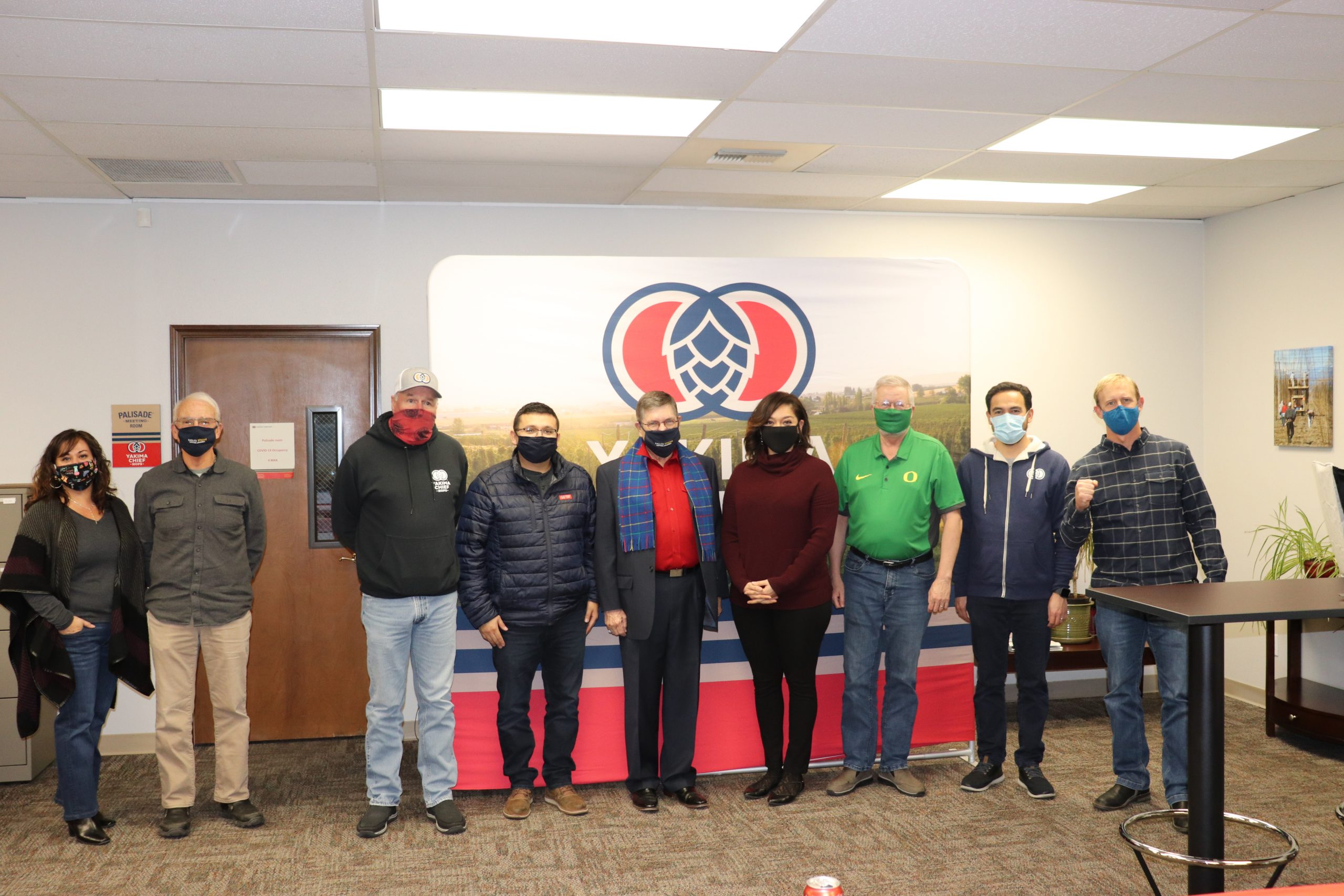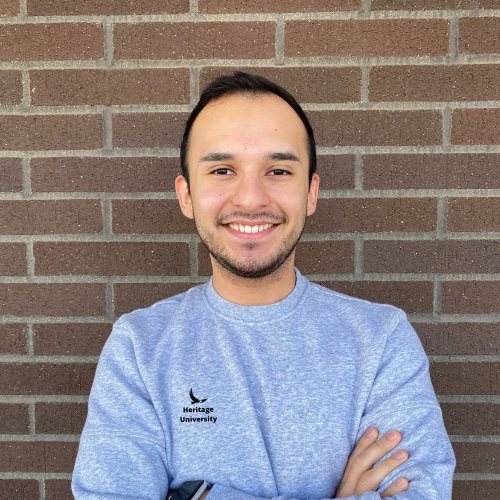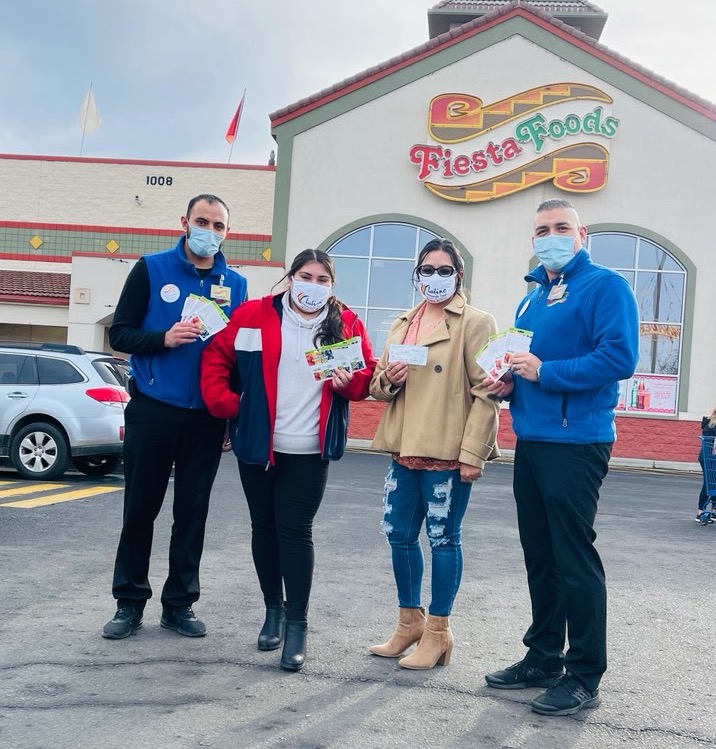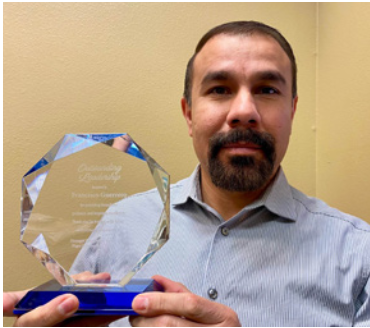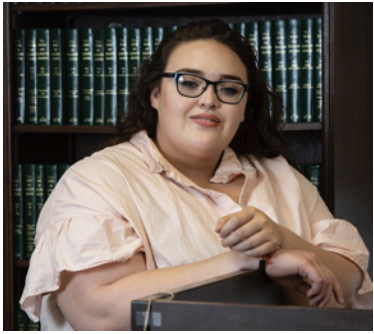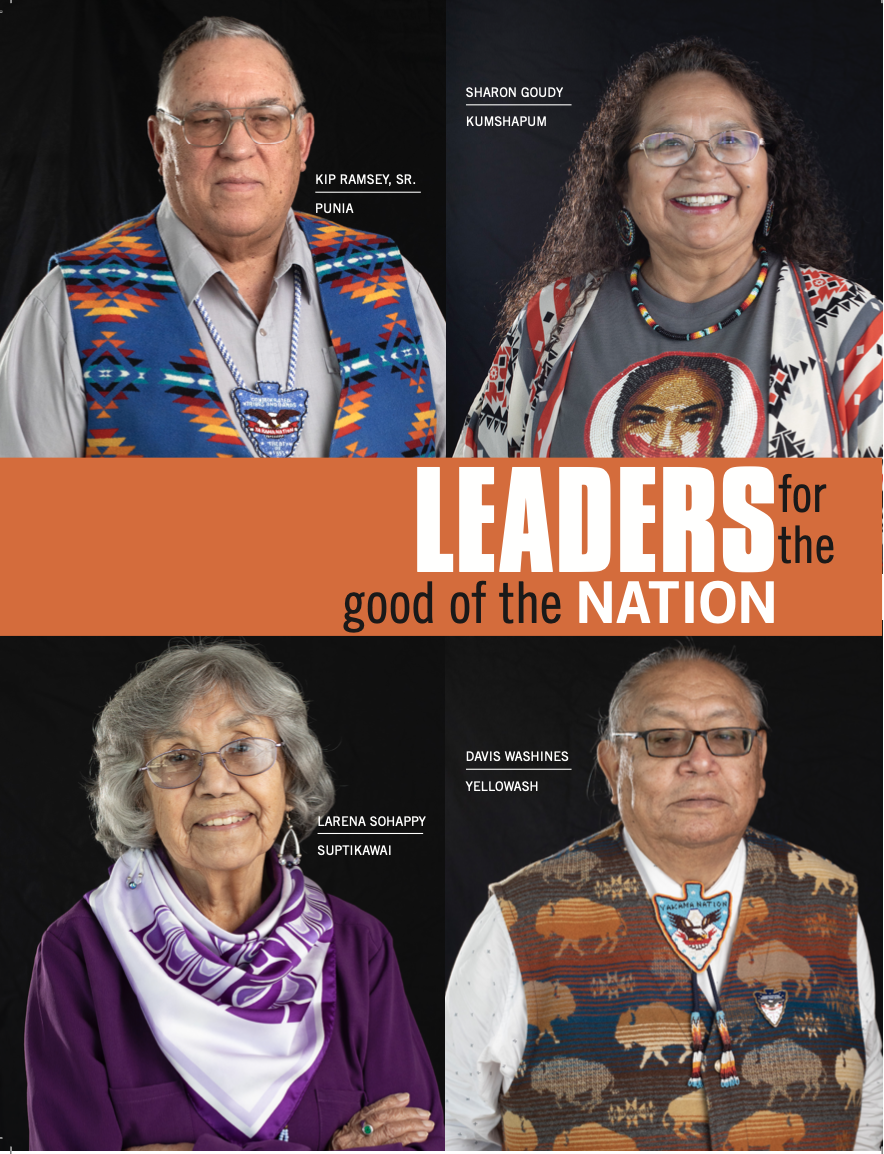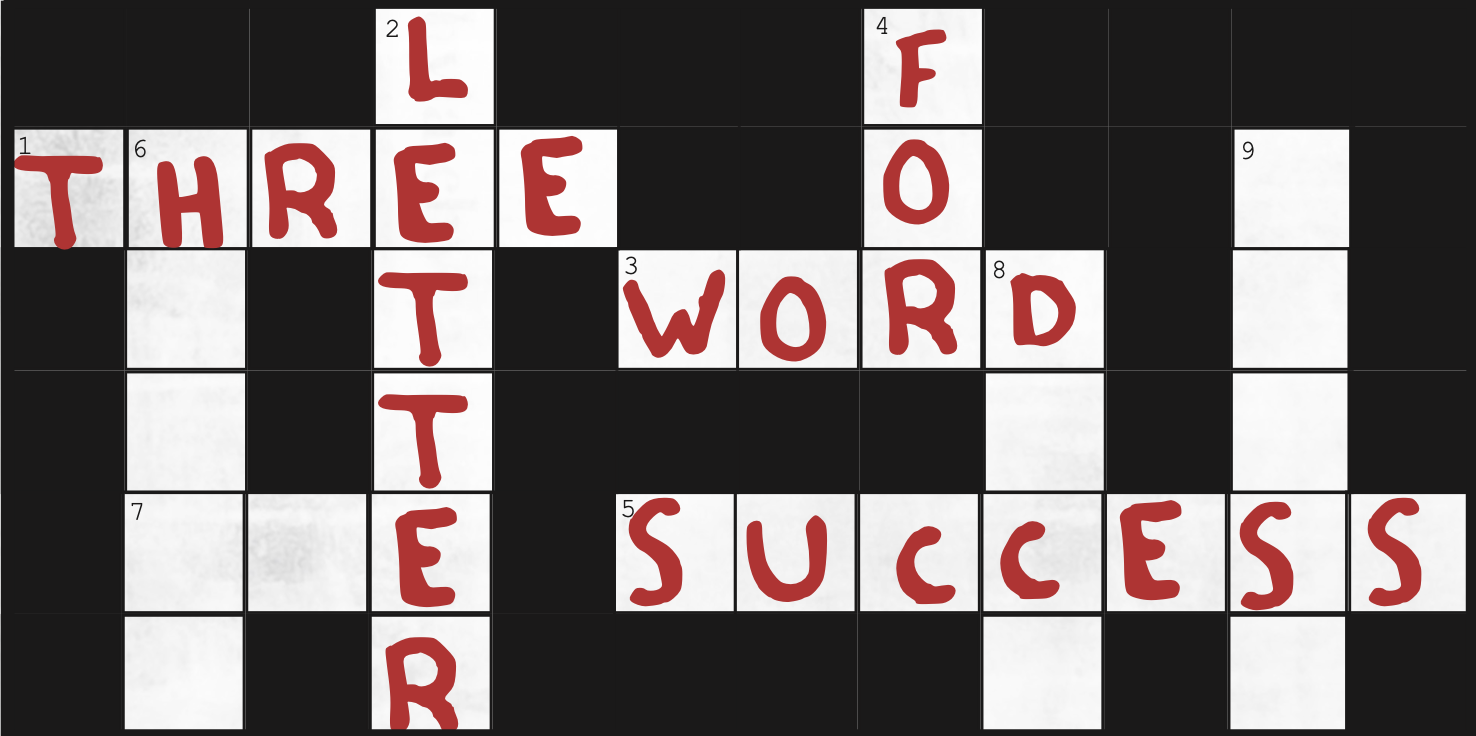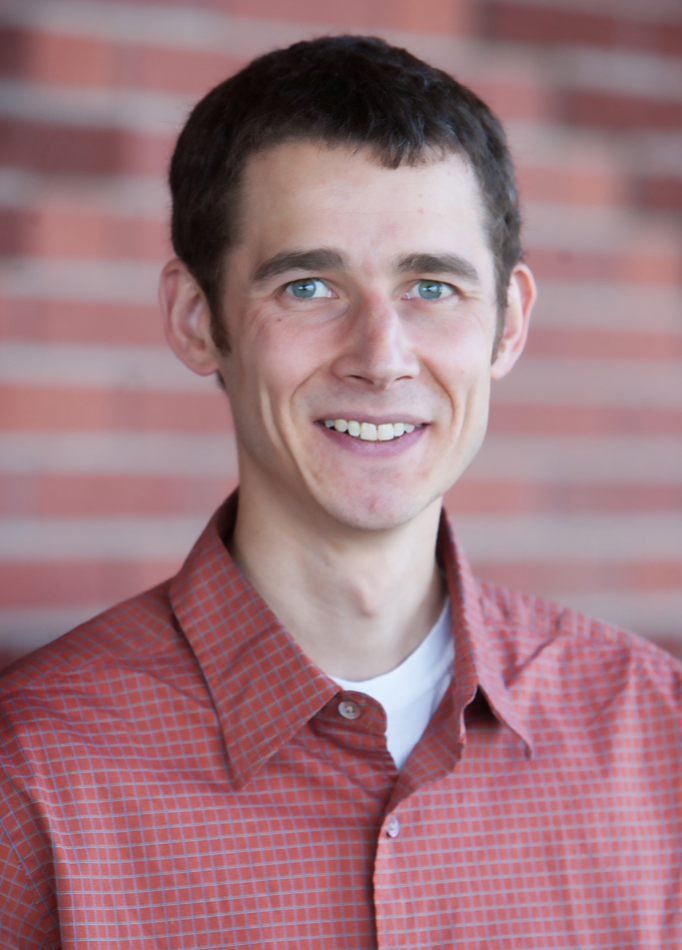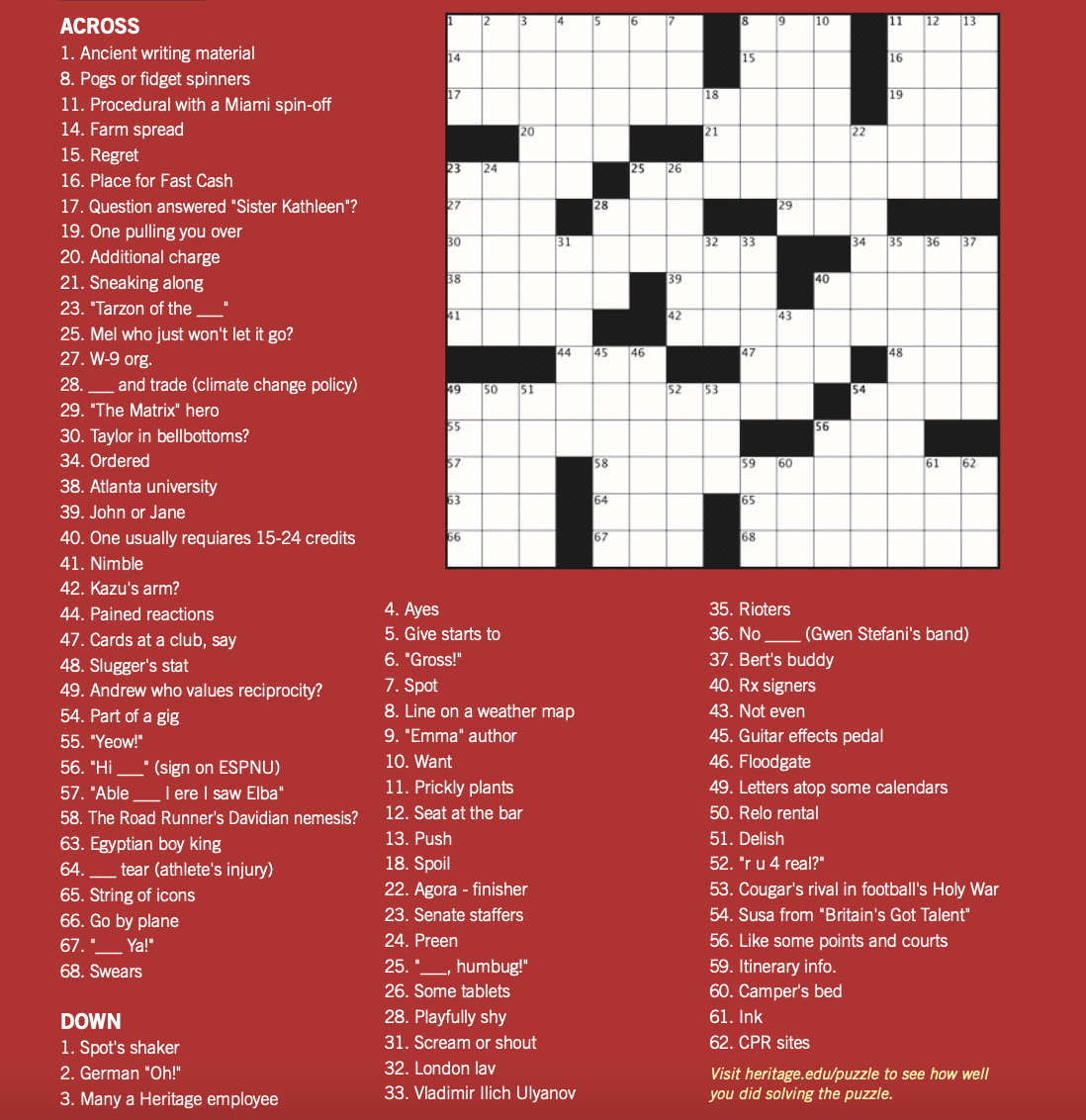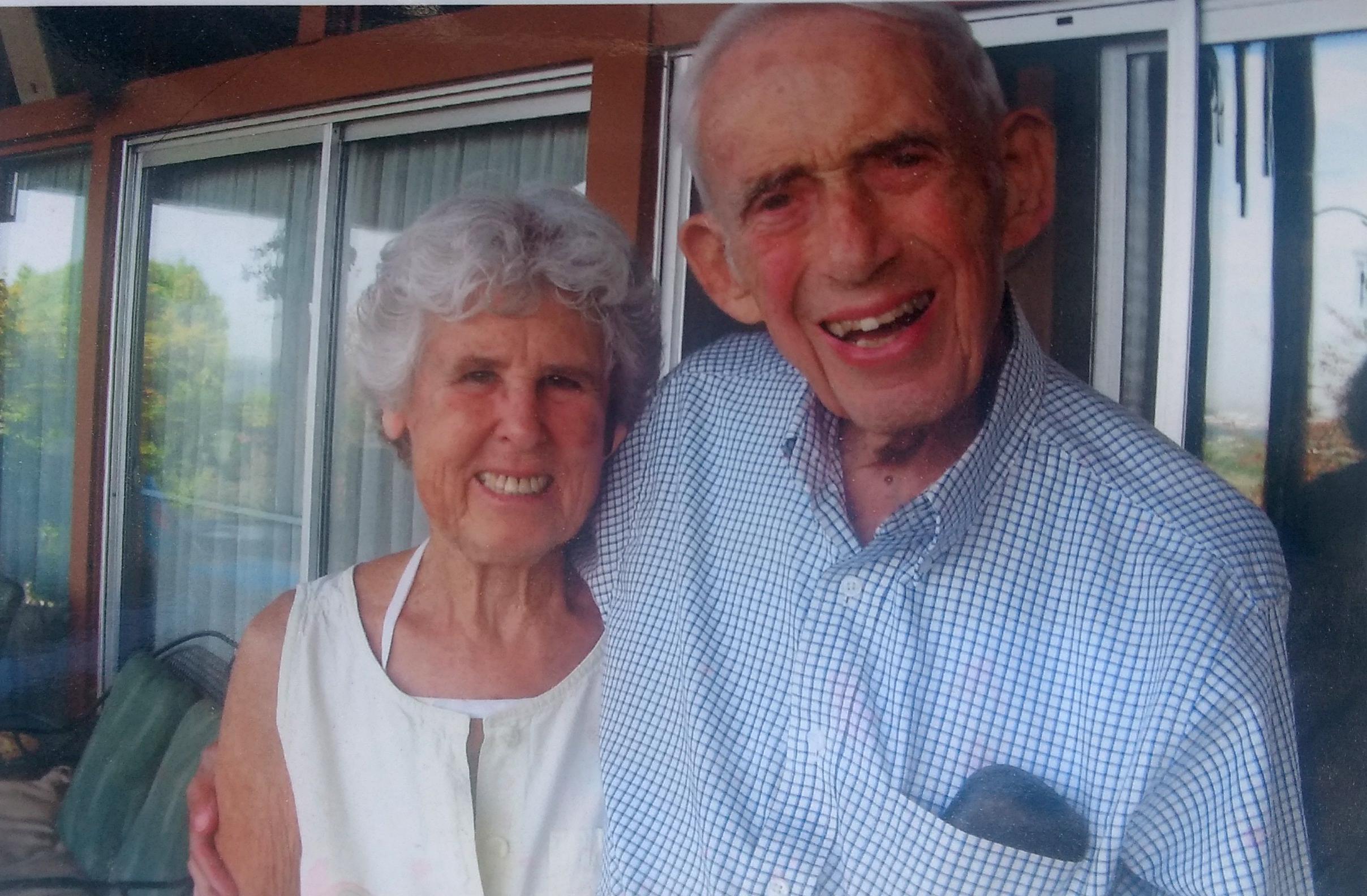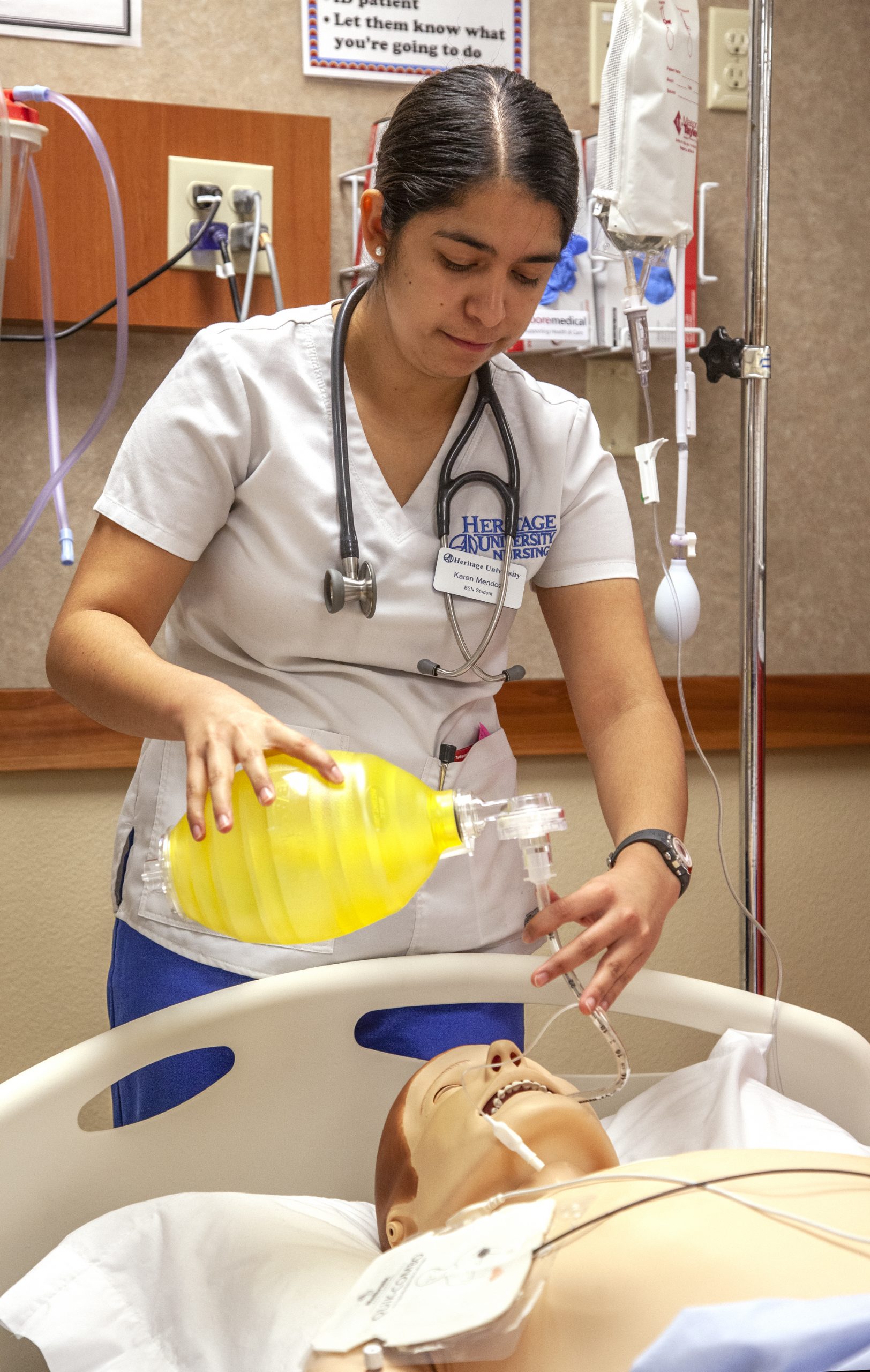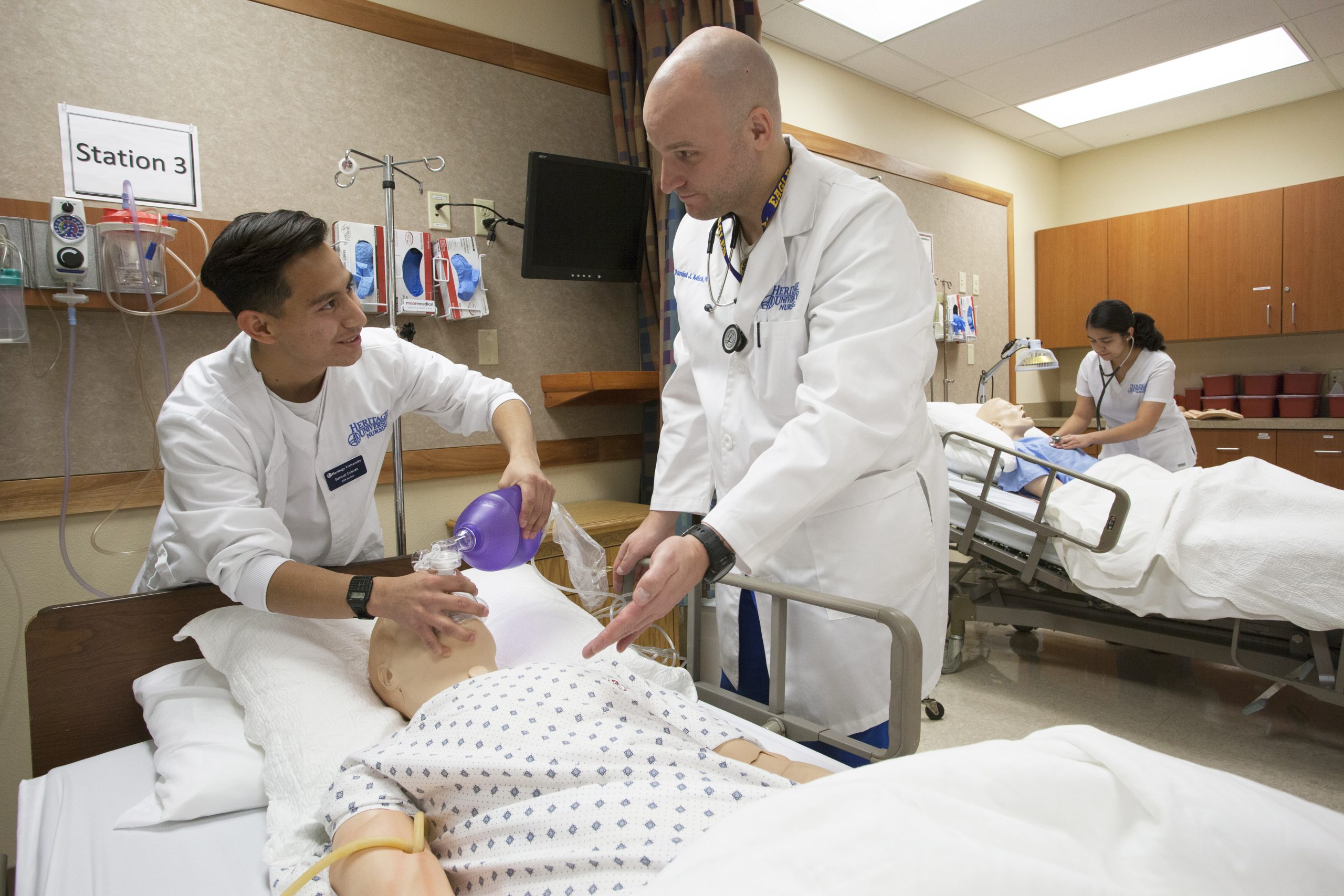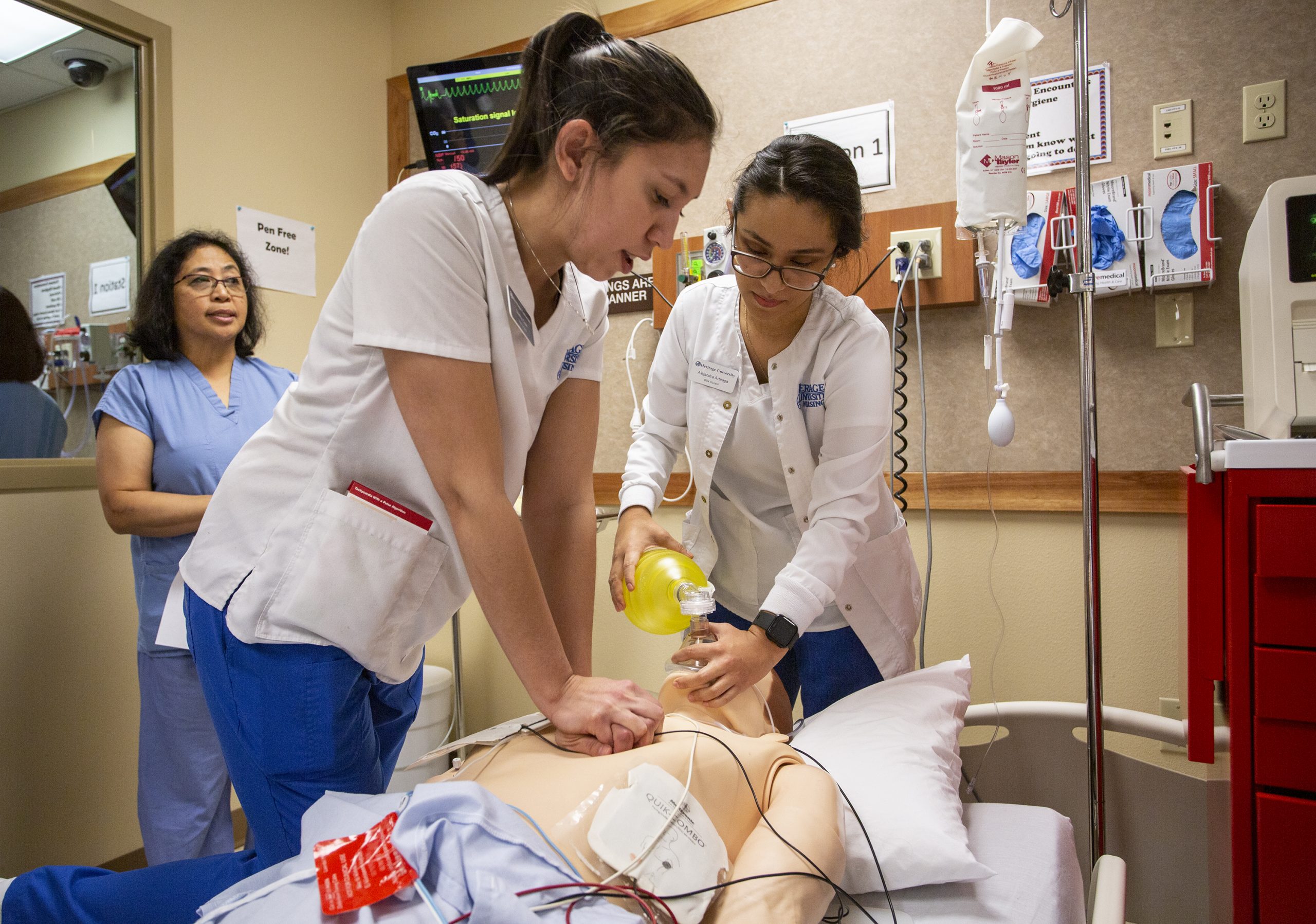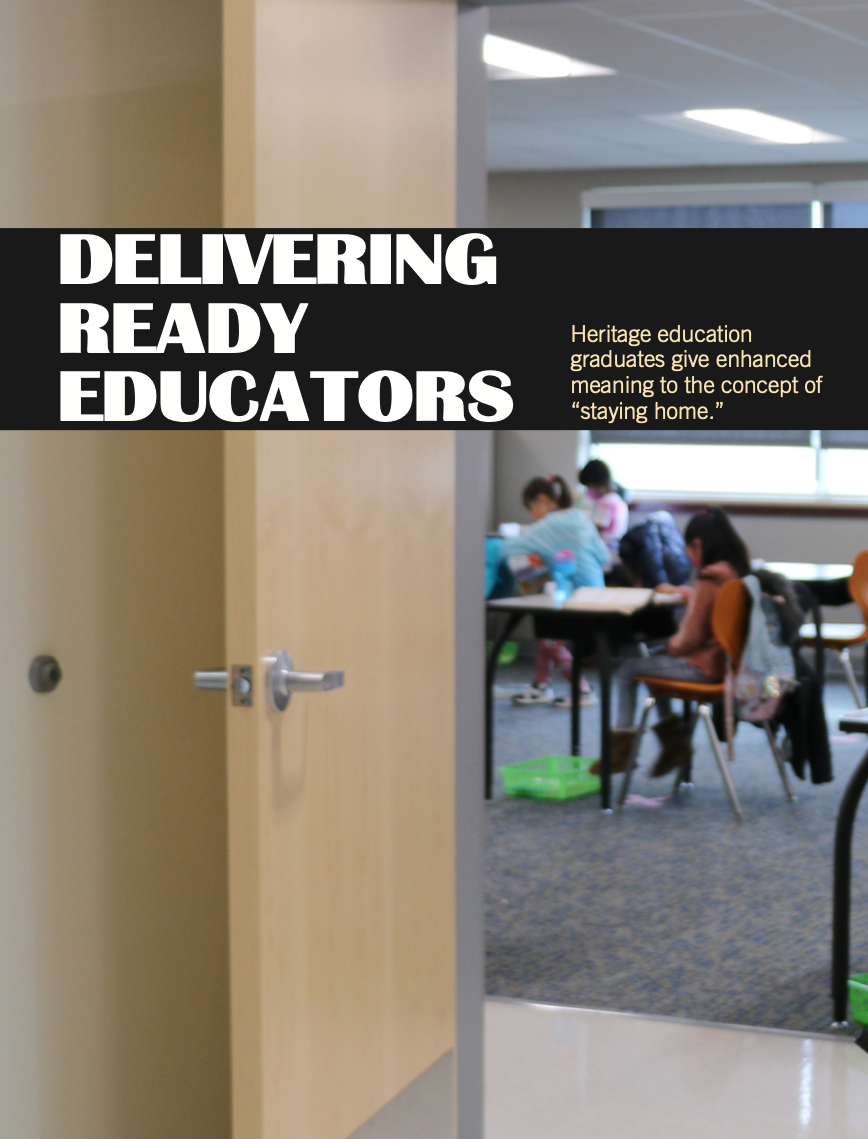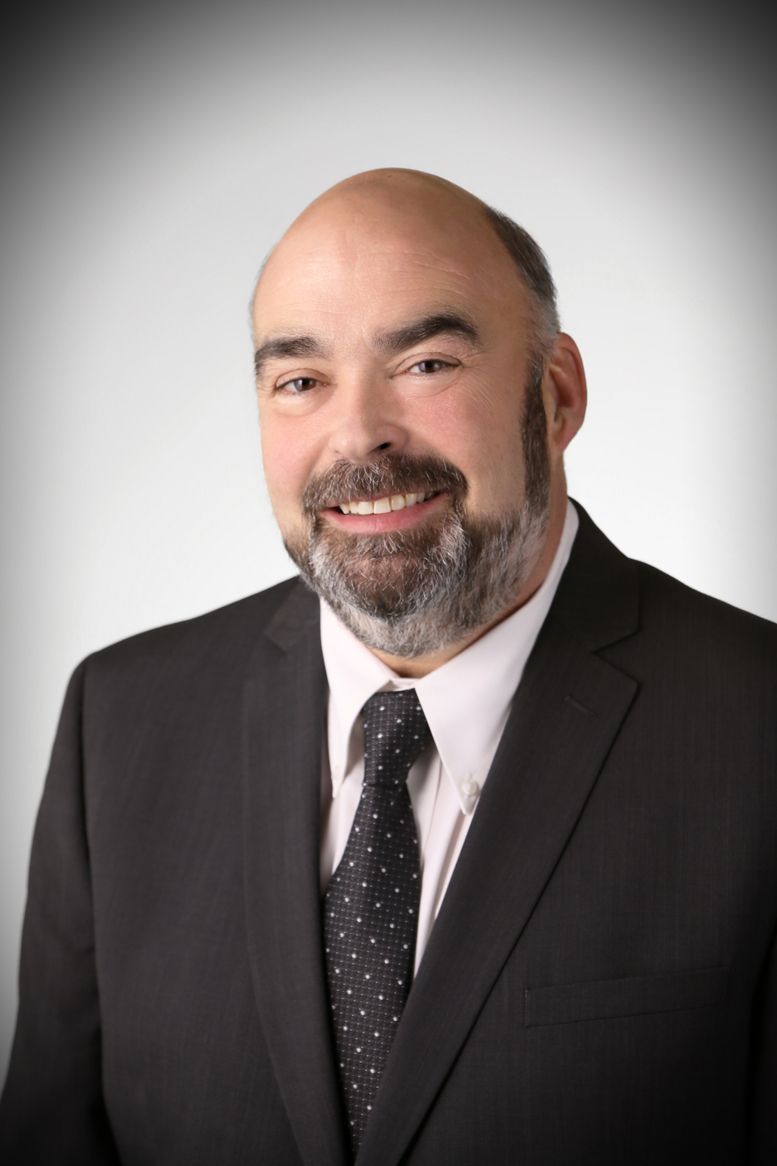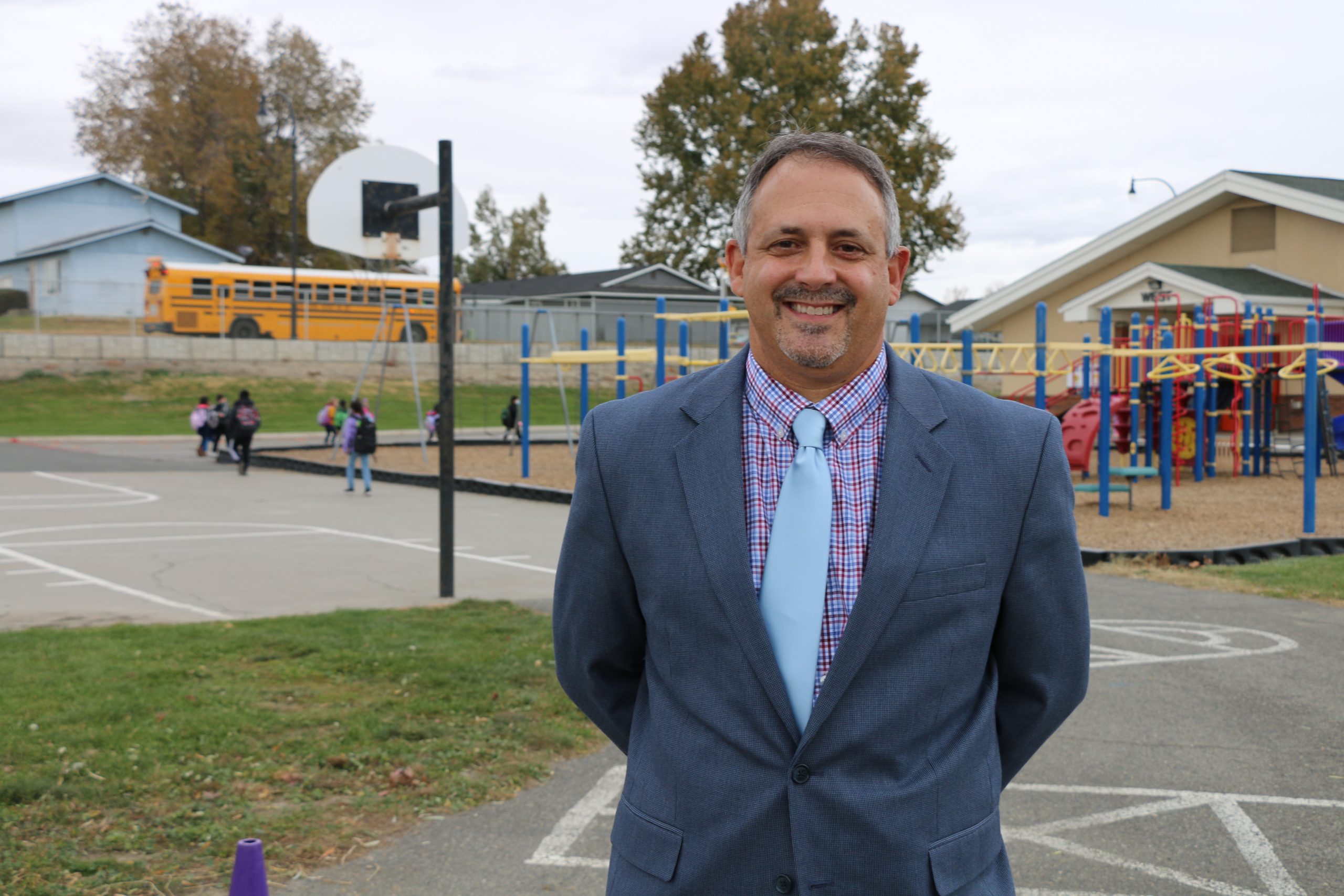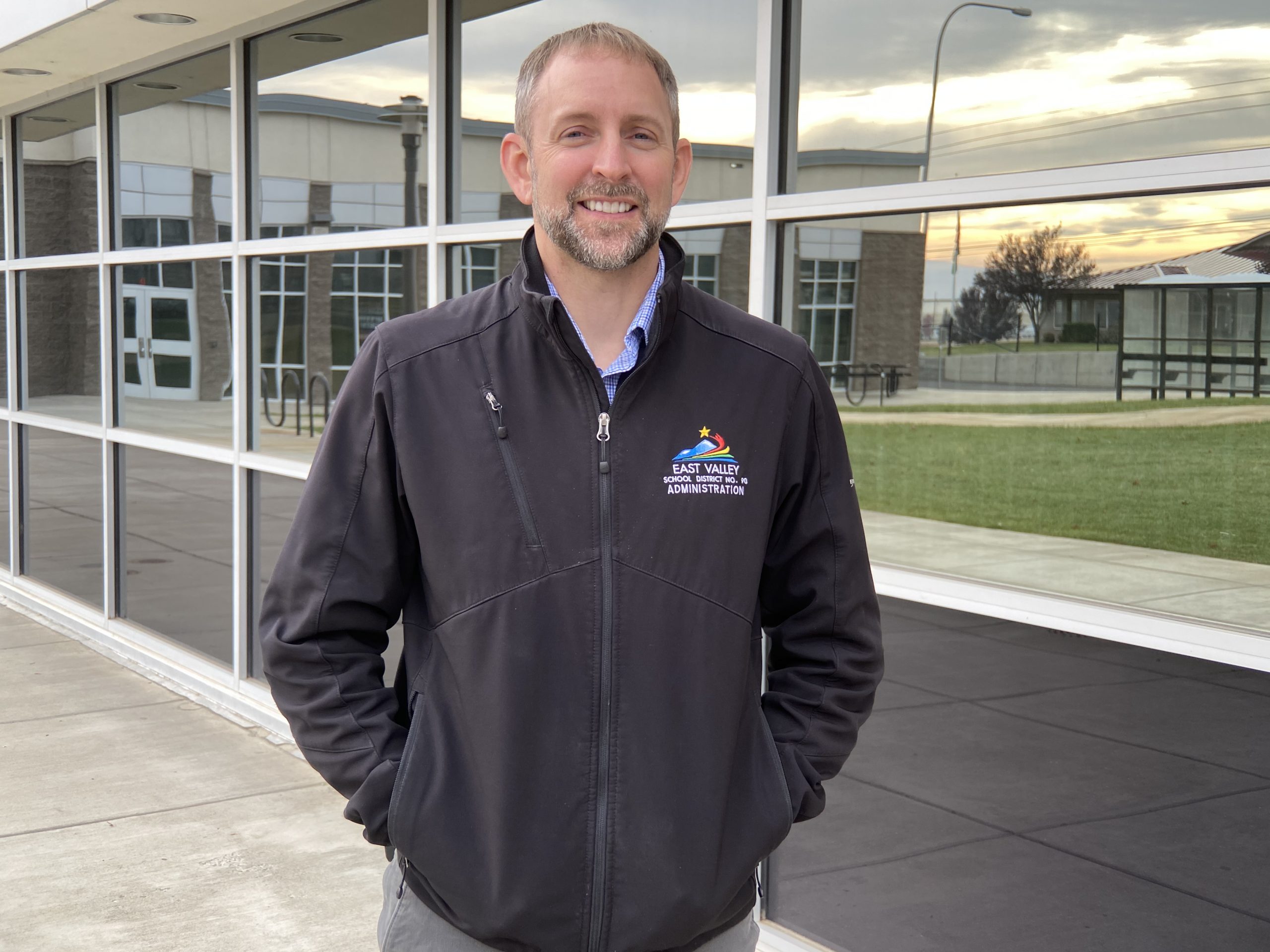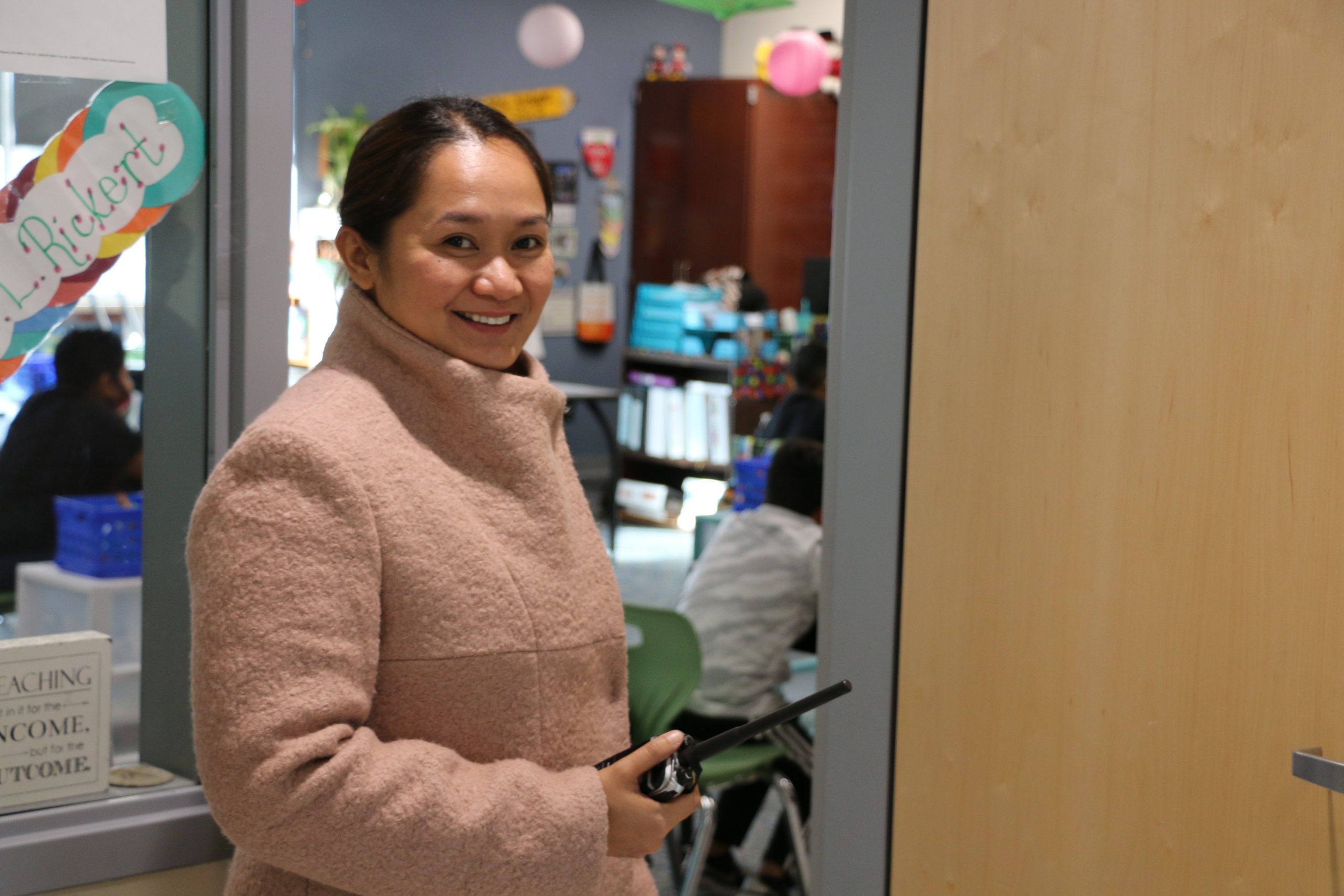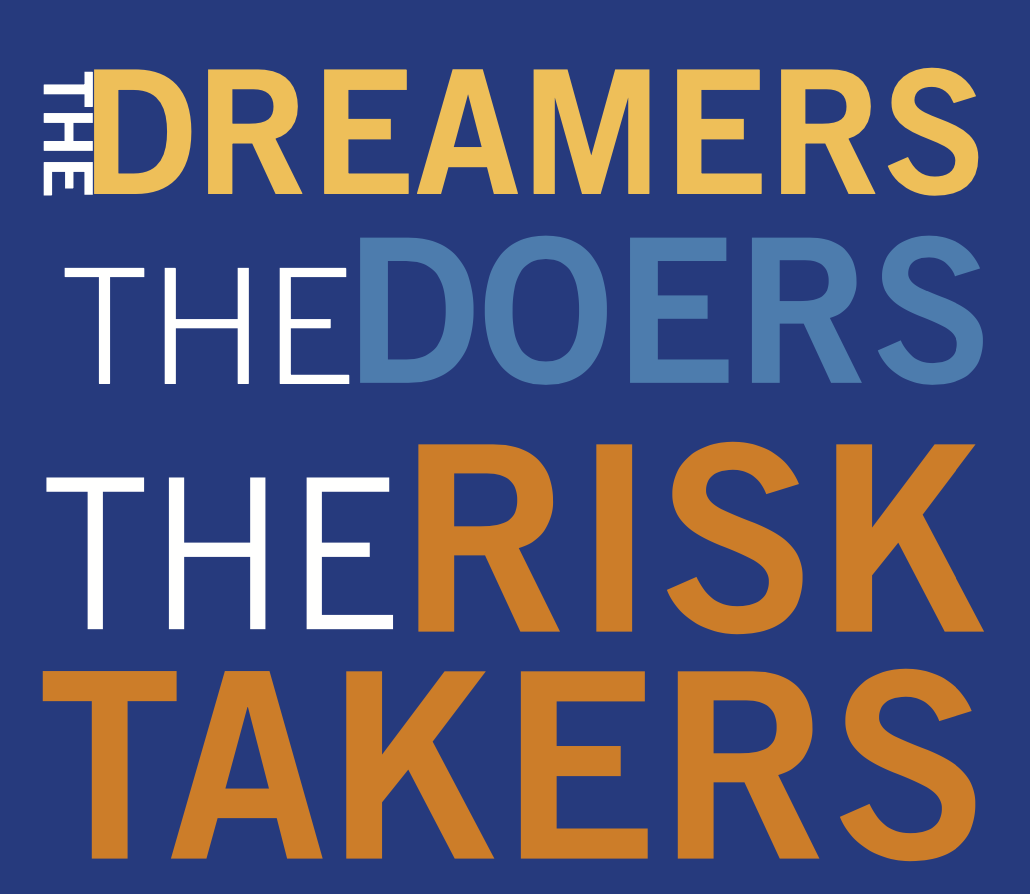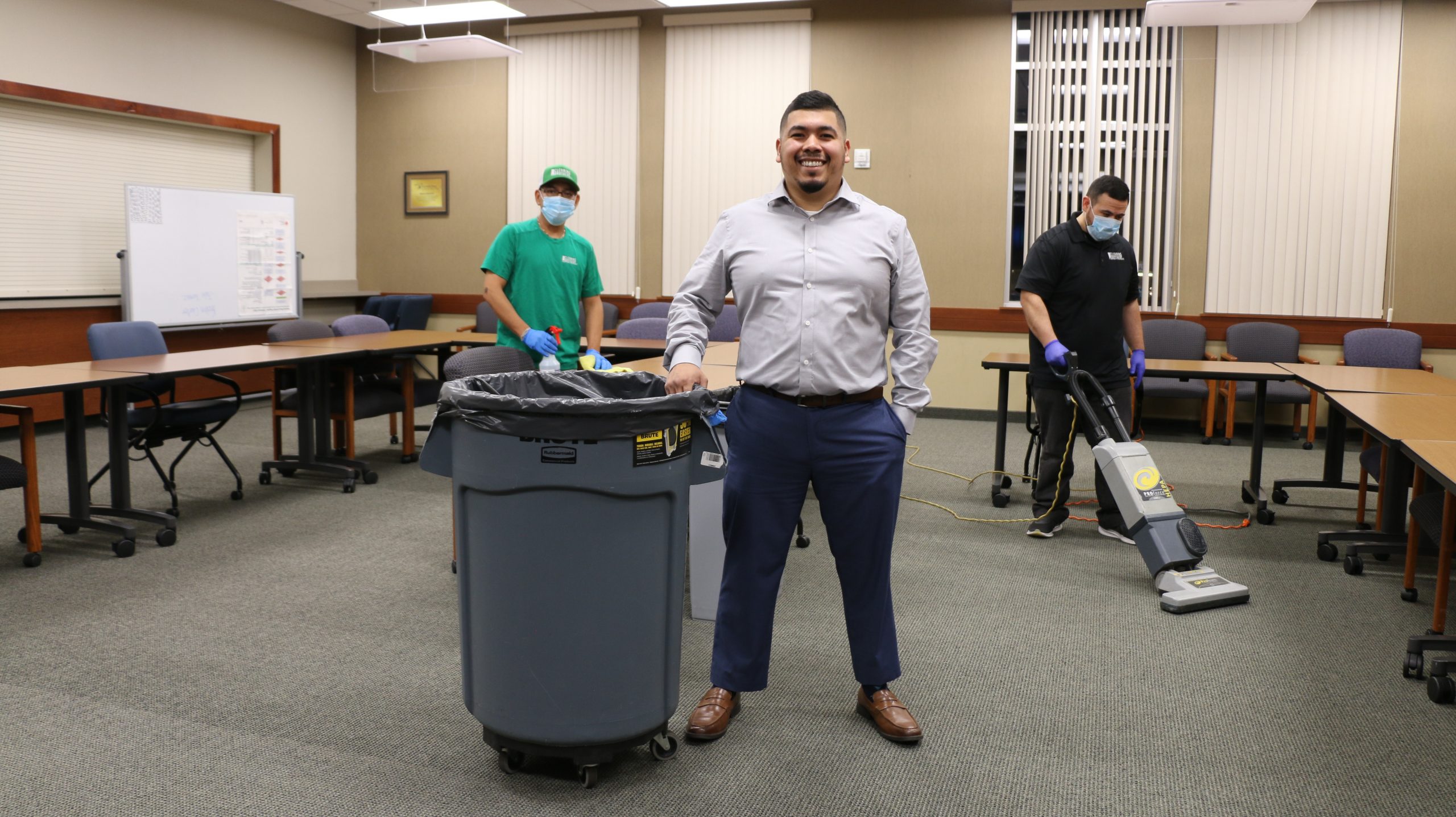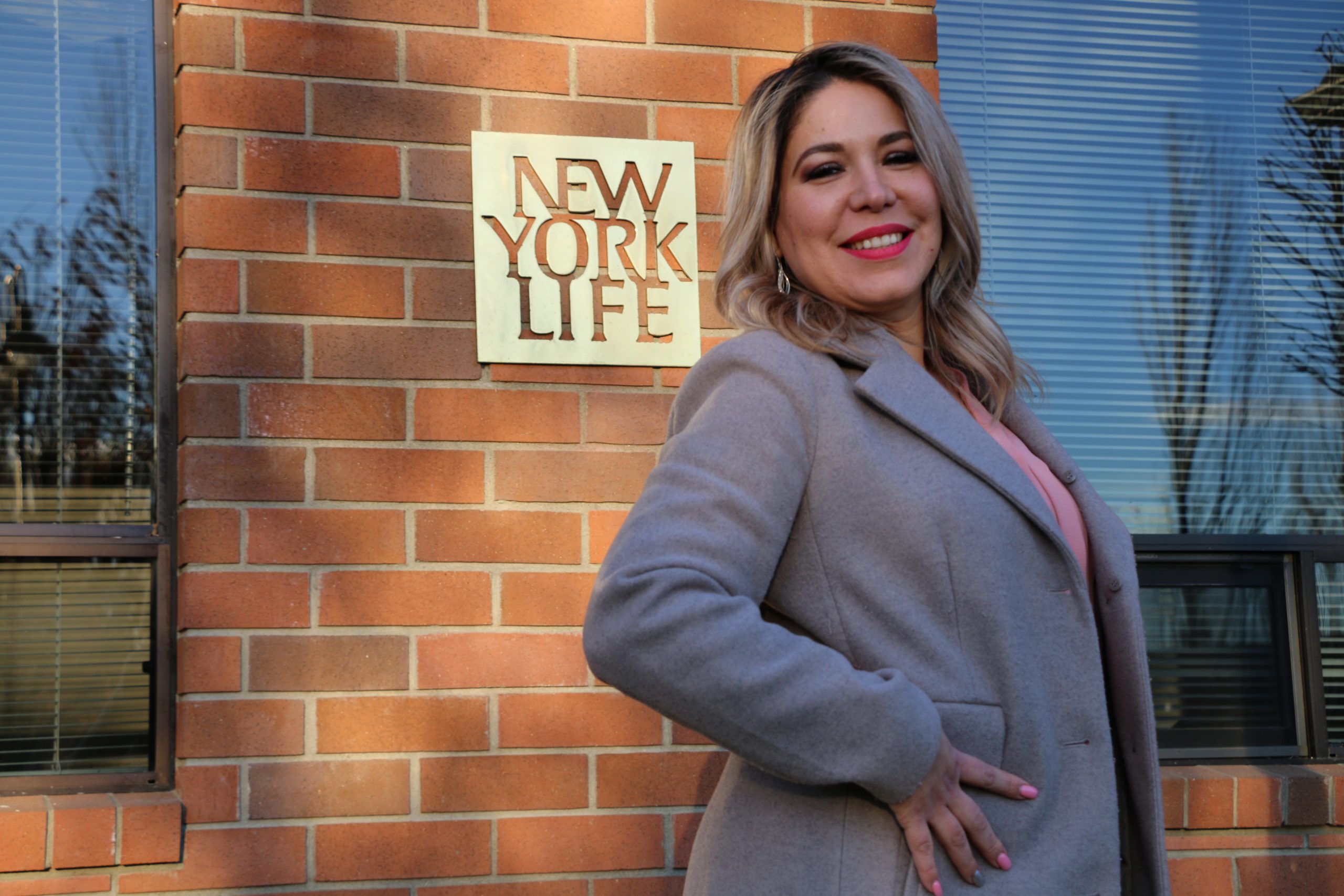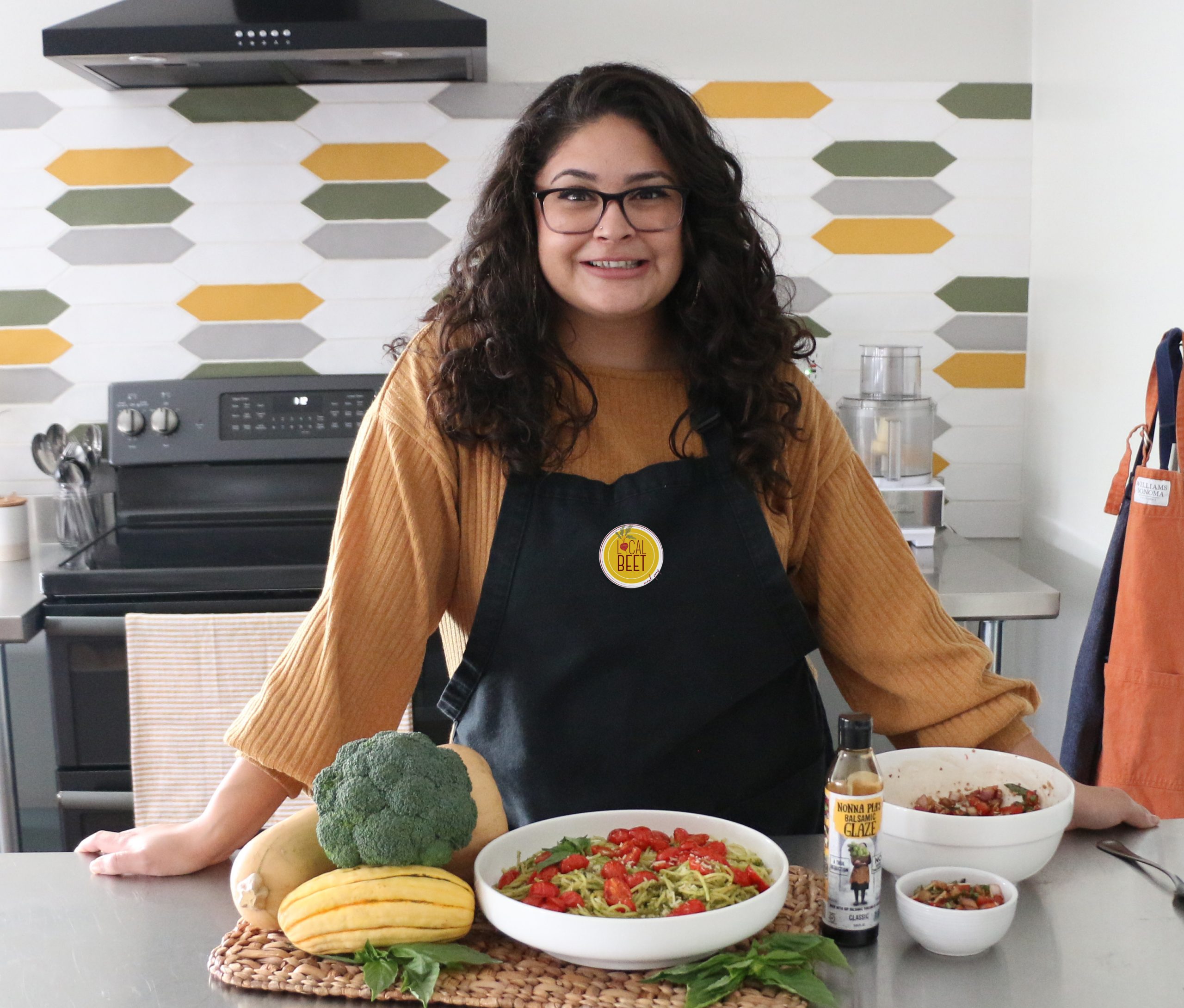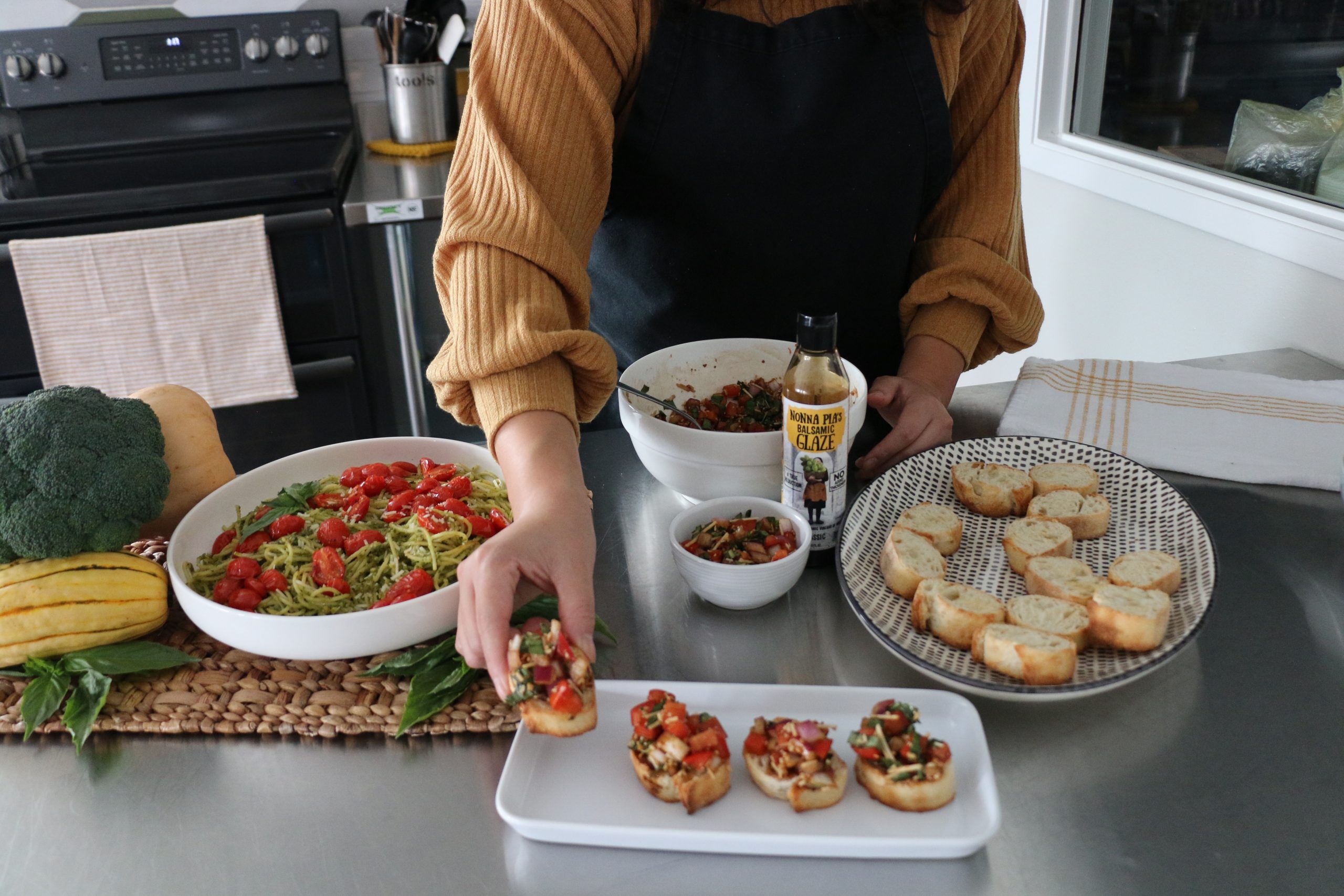Yakima Valley Partners for Education joins United Way of Central Washington to increase access to Paid Family and Medical Leave Benefit
FOR IMMEDIATE RELEASE
Yakima Valley Partners for Education joins United Way of Central Washington to increase access to Paid Family and Medical Leave Benefit
Toppenish, Wash. – United Way of Central Washington and Yakima Valley Partners for Education (YVPE) will use a grant from the Perigee Fund to help families access Washington state’s new Paid Family and Medical Leave benefit. With help from Grandview-based Taxes-Y-Mas, communities in the Lower Yakima Valley will receive information about the benefit and obtain support through the application process. Almost all Washington workers are eligible for up to 12 weeks of paid family leave for fathers, mothers and guardians to bond with a newborn.
YVPE is a cradle-to-career initiative in Yakima County supported by Heritage University and funded by Save the Children. Suzy Diaz, director of Collective Impact at Heritage University, believes the grant from Perigee will help spread the word about the importance for parents and guardians to use the Paid Family and Medical Leave benefit to bond with their children. “Quality bonding time is essential in the development of healthy families and healthier communities,” said Diaz. “Time to bond and be present with a loved one includes not missing out on precious developmental milestones.”
United Way of Central Washington has a long-standing relationship with employers throughout Yakima County and believes improving employee access to Paid Family and Medical Leave can benefit a company through worker retention and satisfaction. “It is important for individuals to know and utilize Paid Family and Medical Leave because so many families are forced to make impossible choices between their financial stability and their families. Paid Family and Medical Leave gives working individuals the time to bond with a new child, care for a seriously ill loved one or recover from one’s serious condition,” said United Way of Central Washington President & CEO Neiri Carrasco.
Olivia Gutierrez and Francisco Vazquez, owners of Taxes Y Mas in Toppenish and Grandview, are long time community and family advocates as well as small business advisors. During this tax season, they will be distributing information about the Paid Family and Medical Leave benefit to thousands of households in the Lower Valley. “Families express relief for the ability to focus on having their newborn, and the excitement they have for the opportunity to bond with their baby,” said Gutierrez.
For more information, contact Jamie Shores at jamie@uwcw.org or Suzy Diaz, director of Collective Impact, at diaz_s@heritage.edu. For complete program information visit www.momentsearned.org.
# # #

